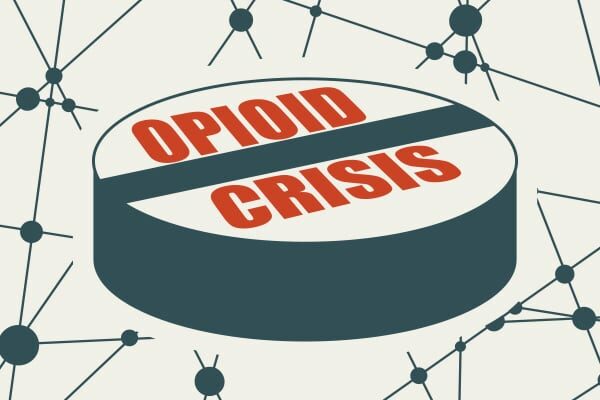Harm Reduction is Key to Addressing the Overdose Crisis
Thankfully, we know that harm reduction-based approaches are safe, effective, and lifesaving. The Vivent Health Lifepoint program operates throughout Wisconsin, in Denver, CO, and Austin, TX.
The Lifepoint program provides sterile syringes and safer injection supplies to people who inject drugs and safe disposal of used syringes free of charge. Our Lifepoint team also distributes naloxone (Narcan), a medication that can reverse opioid-related overdoses, and frequently refers participants to medical, mental health, and other supportive services.
Syringe access programs (SAPs) like Lifepoint prevent HIV and hepatitis transmission that can occur from sharing used syringes, reduce overdose deaths, and provide judgment-free care to people who use drugs.
Yet even as we face a historic overdose epidemic, there continue to be state and local officials who oppose SAPs and other lifesaving harm reduction measures. Lawmakers in West Virginia, New Jersey, and Indiana have recently taken steps to shutter their local programs. We know from past examples that denying people who use drugs access to these vital services does nothing but increase the likelihood that they will die. We call on state and local elected officials to follow the science and legalize syringe access programs in their jurisdictions. These programs are needed now more than ever, and we can’t afford to lose any more lives due to stigma and failed punishment-based approaches.
We also encourage everyone to carry and learn how to use naloxone, as it could make the difference between life or death for someone experiencing an overdose. This is a simple step that almost anyone can take to save someone’s life.
If you use drugs, please know you can reduce your risk of an overdose by not using drugs alone and ensuring there is somebody present who can respond to you if you overdose. We recommend using fentanyl test strips to see if there’s fentanyl in the drugs you plan to use. We strongly recommend that if you use drugs that you access naloxone and have it with you should it be needed. Our Lifepoint team provides these supplies.
The tragic reality of the overdose crisis and its devastating impact, particularly among people of color, must be acknowledged and addressed. Policymakers and communities need to be proactive in adopting common-sense solutions to this deadly problem. The well-being and the very lives of our loved ones depend upon it.

